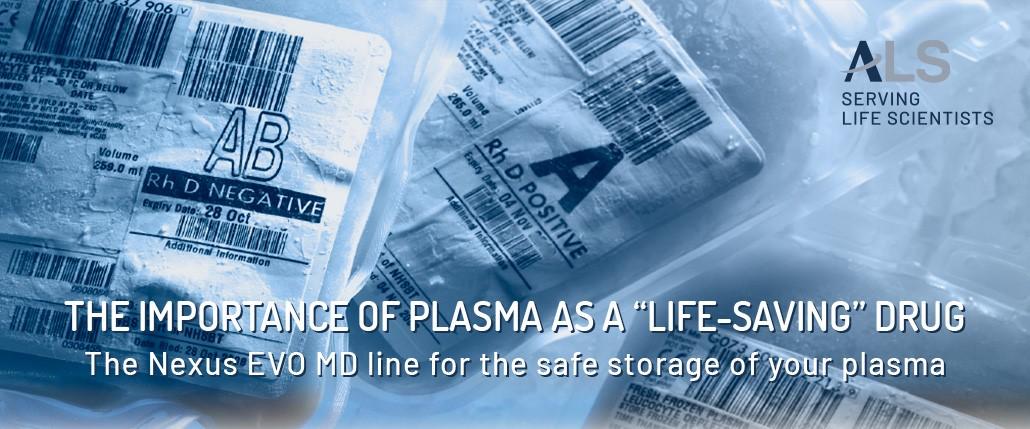
THE IMPORTANCE OF PLASMA AS A “LIFE-SAVING” DRUG
Plasma is used to produce, through industrial separation and fractionation processes, plasma-derived medicines, some of which represent real “life-saving” drugs for many pathologies such as immunodeficiencies or neuropathies.
Immunoglobulins are used in many other diseases such as severe forms of neuropathy disabling. Thanks to immunoglobulins these patients can walk again and have a normal life. Other important plasma derivatives are albumin, a plasma protein produced by liver cells administered due to failure of the patient’s body to produce antithrombin, a glycoprotein that acts on the coagulation of the patient’s blood. Then there are factors VII and VIII, the latter used in rare diseases called hemophilia A, factor IV, used in hemophilia B type, XIII, and many others. There are many I’s fields of use of blood products and all of these need regular donations.
Because hyperimmune or enriched plasma units can be frozen before distribution, the connection between hospitals, blood centers, and the plasma industry must follow impeccable strategies. Only with low temperatures, we can slow down the effects of the chemical-physical reactions that degrade the biological substance
